As Lord Justice Sedley said in a landmark case in 1999: “Free speech includes not only the inoffensive but the irritating, the contentious, the eccentric, the heretical, the unwelcome and the provocative provided it does not tend to provoke violence. Freedom only to speak inoffensively is not worth having.”
I could not agree more.
But that was 1999, a different world all together.
Freedom of speech in our current modern “woke” world is under threat like never before.
I’ve recently mentioned books being censored or having content warnings slapped on them by universities. Old movies are going the same way.
Just last week I read a review on Amazon for JM Barrie’s original Peter Pan book. The person said: “Very good story… apart from the blatant racism.”
Give me strength.
Yes, I accept, calling native Americans “redskins” is not acceptable today. But this book was not written today, it was written over 100 years ago for goodness sake.
We should not judge by today’s standards something that was deemed the norm back in the day. It’s not logical.
Be it books, or old statues, we should not ban them, rip them down or censor, we should learn from them. And evolve.
My point is, to the mob who today are calling for everything to be banned or cancelled or have warnings slapped on, I say this – be very careful what you wish for. Because what you may think totally acceptable today and words you personally use, may well be deemed racist in 10 years’ time. You could end up having to cancel yourself!
Roy Chubby Brown is a comedian. Let’s just say he is not exactly family viewing.
He makes it quite clear regarding his live performances, “if you’re easily offended, stay away”.
He’s just had an upcoming show cancelled by a local council, after some people complained. This council is bending and rolling over to woke.
Personally, I do not find this comedian funny at all. Not my cup of tea. But ban him? No, I just choose not to watch him. Problem solved. I don’t have to watch him, but others can if they so wish.
If no laws are being broken, then surely anyone should be allowed to stand up and give their view or tell jokes, whether they are distasteful or not?
Then again, how do you define distasteful? I don’t see how we can, it’s individual. What I may find distasteful, you may not.
Let people decide for themselves what they want to watch or hear or read.
Cancel culture and no-platforming is happening more and more, to writers, politicians, comedians, and so many others. Simply because they speak out and/or disagree with whatever the subject is.
People complain, get all hot and bothered, then the venue in a panic with no thought to freedom of speech cancels them. Bans them basically. This is not the way a western democracy should behave. Tyrants the world over must be loving this. What are we doing to our society?
As for all those classic TV series mostly from the ’70s that are either censored or never allowed to go on TV again, I say put them back up there for millions to watch and enjoy. And to be fair, put a warning on at the start saying “This programme contains stereotypes/language that while deemed acceptable at the time are not today”.
Then you, the viewer, can make the choice to either watch or switch off.
But what winds me up is people who watch Rising Damp, for example, knowing full well it is not politically correct, then complain that they are offended. They seem to take pride or pleasure in being “offended”.
You don’t like these type of programmes? Find them offensive? I have no problem with that, that’s your view and you’re entitled to it. Just don’t watch them, no one is forcing anyone to switch on, or buy a ticket for a show.
The author JK Rowling has endured not just criticism and being cancelled, but actual death threats for her views on the gender issue. But I’ve read nothing said by her that comes close to being anti anybody.
I wrote an article earlier this year on witches. Well, in 2022 we have a modern-day witch hunt on our hands, a witch hunt against anyone who has a view that goes against whatever the current hot topic is.
Freedom of speech is what separates us from the likes of Putin’s Russia, we give it away it at our peril.
“I’m offended!” people scream. And your point is? I’d ask them.
Being “offended” actually means nothing. Nothing whatsoever. Especially when you ask them what they are “offended” about. It’s usually just someone else’s opinion.
George Orwell said: “If liberty means anything at all it means the right to tell people what they do not want to hear.”
Today, from my observations about all the uproar over “offence”, is that in general, offence is not usually given, rather it is taken. Very few people go out to deliberately offend, they’re just giving their view.
I’m not talking about obvious offensive things like blatant racism that we all abhor, I’m talking about simply having a view that is not the current accepted “norm”.
Do you have a view that contradicts climate change? You are entitled to it, but be careful, for you’ll get verbal abuse thrown at you. Ironically, your view that you don’t buy into it all is not nasty, but the replies of others will be.
These days, if you disagree with the new mantra of woke, trans issues, global warming, Covid restrictions or jabs, then you will quickly be labelled racist, xenophobic, a denier or homophobic to name but a few. Then you are shut down, cancelled, side-lined and any chance of a proper debate is gone.
Maybe you are not happy with gay marriage in churches, for example, maybe you feel it goes against your religious beliefs. I think you have a right to feel that way. I also think you have the right to say so. Not to put down anyone who does go into a gay marriage but to say you don’t agree with it. It’s called freedom of speech.
But good luck to you if you have such a view, for you’ll be open to serious verbal abuse.
I passionately believe in gay marriage, but I also passionately believe that anyone who doesn’t believe in it should be able to say so.
When it comes to whatever the hot potato issue of the day is, we seem to have mob rule.
How can you have a debate without someone being offended? You can’t. Disagreement is not just healthy in a democracy, it is vital. Being “offended”, I feel, is optional.
How, when and why did we become so sensitive as a nation?
How to define being offended? It’s near impossible. It’s all individual and very subjective.
Many religious followers get offended, angry, wound up, when their beliefs are questioned or mocked on stage. And the irony here is, go and read the bible or the Quran – believe me, there are some highly “offensive” things in there.
But that’s allowed of course. But if you get up and criticise the holy books, then you are accused of offending someone’s religion, or worse depending where you are in the world.
Religion should not be exempt from criticism, after all its very own books make a lot of criticism of others.
No one has the right to never be offended. If you disagree with that statement, fair enough, it’s your right. But the opposite of that statement is… everyone has the right to be offended. And what a slippery slope that is. We’ll end up not being able to say anything.
The Declaration of Human Rights clearly states: “Everyone has the right to freedom of expression. This right shall include freedom to hold opinions and to receive and impart information and ideas without interference by public authority and regardless of frontiers.”
Of course, it must always be stated that freedom of speech does not give us the right to incite violence or hatred towards anyone else.
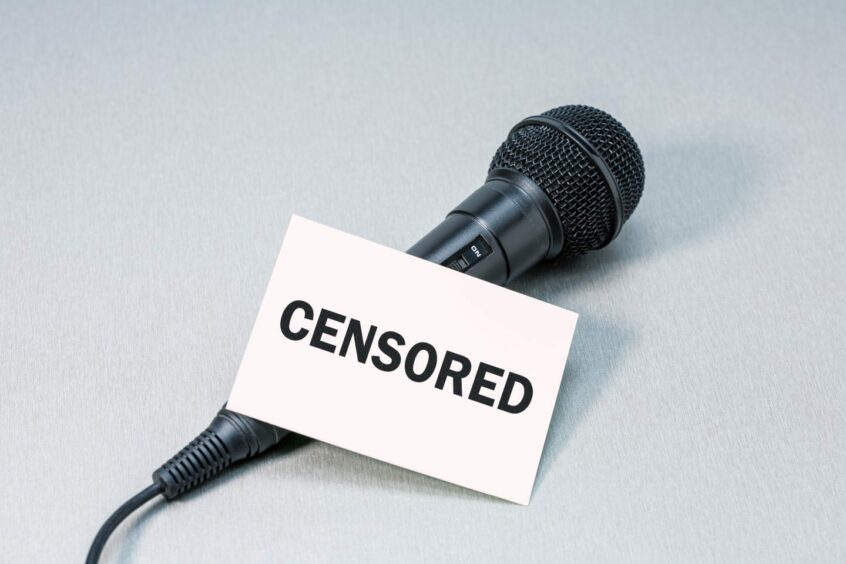
I’ll leave the last words once again to Lord Justice Sedley. And surely, it’s his last line that it so poignant.
It should be government policy that every school and university must have this quote on display in every classroom. Every news room, every debating platform. Social media should also be forded to splash it everywhere.
“Free speech includes not only the inoffensive but the irritating, the contentious, the eccentric, the heretical, the unwelcome and the provocative provided it does not tend to provoke violence. Freedom only to speak inoffensively is not worth having.”
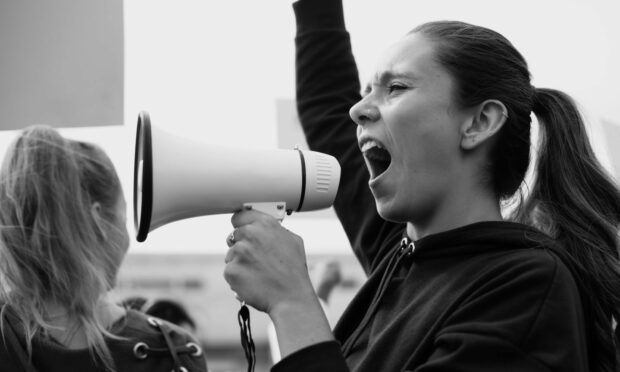
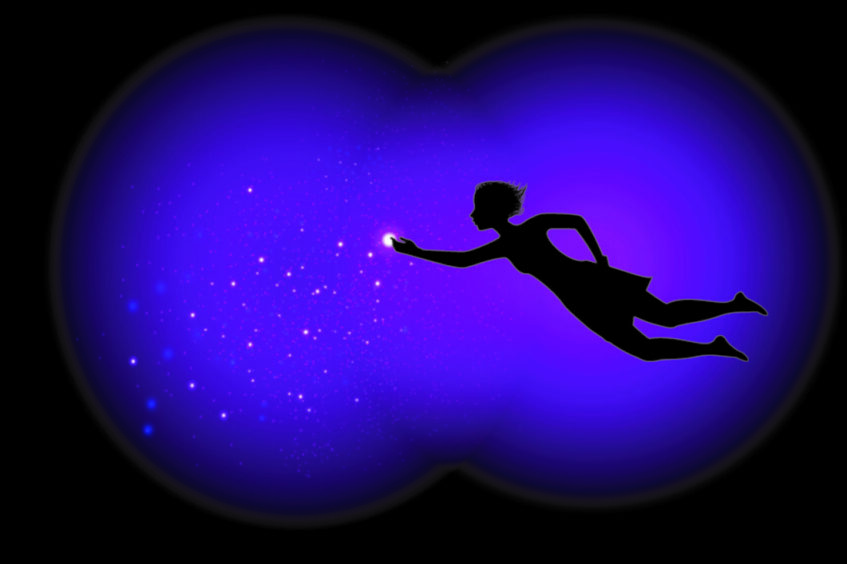
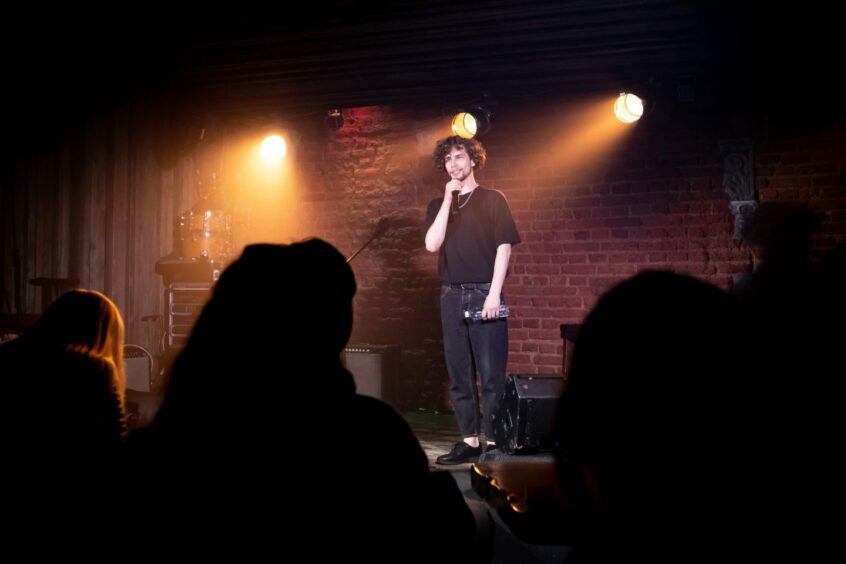
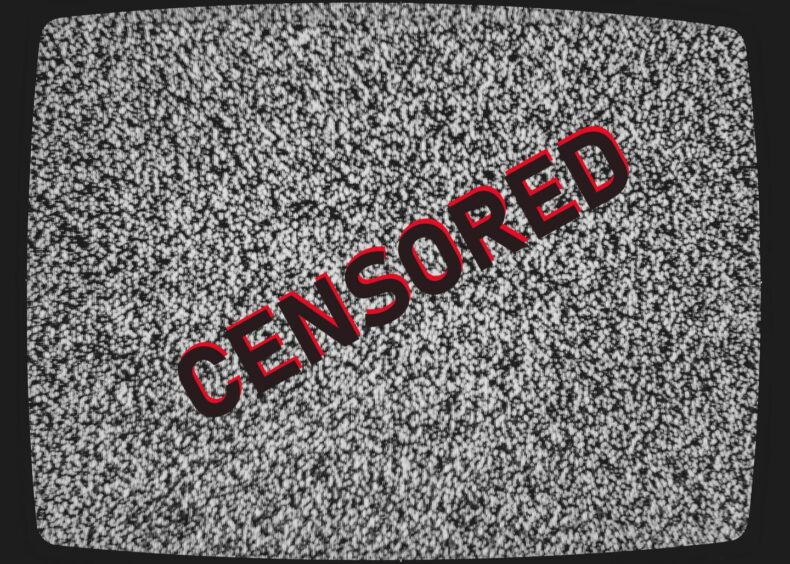
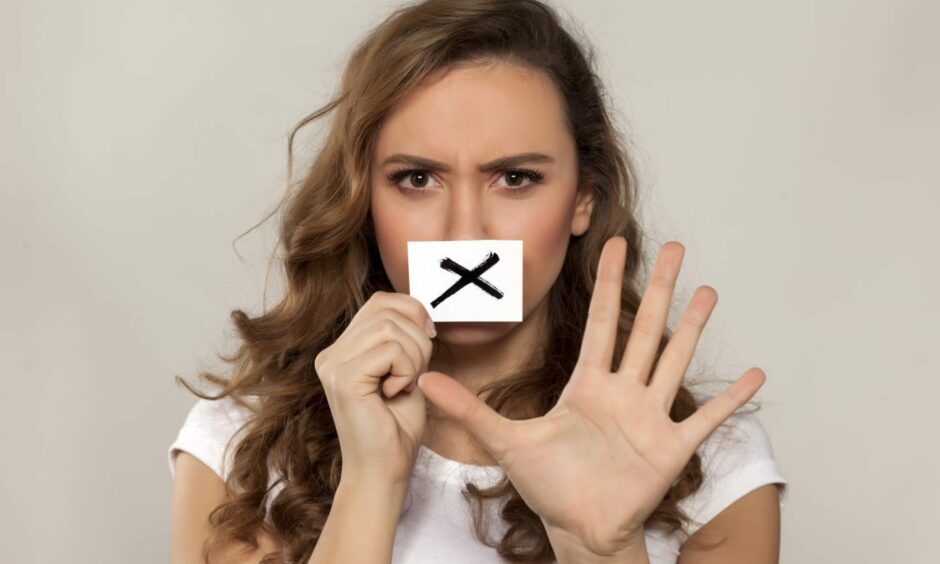
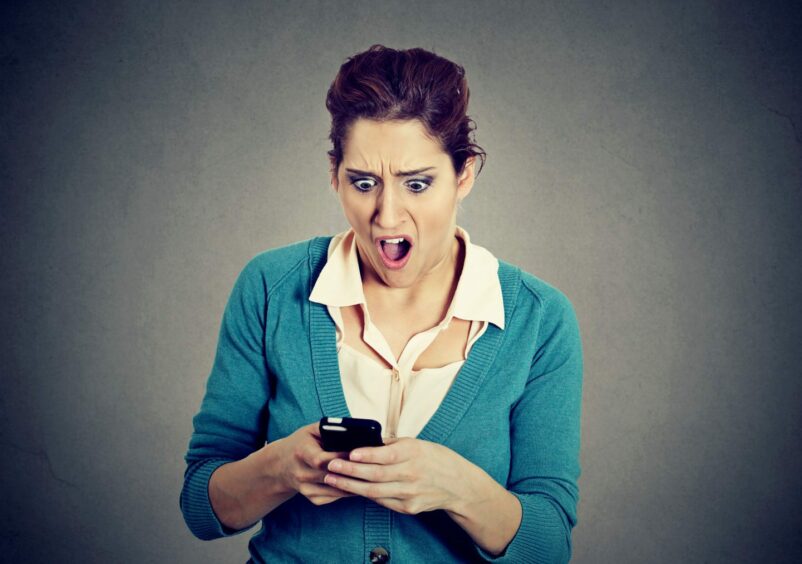
Conversation